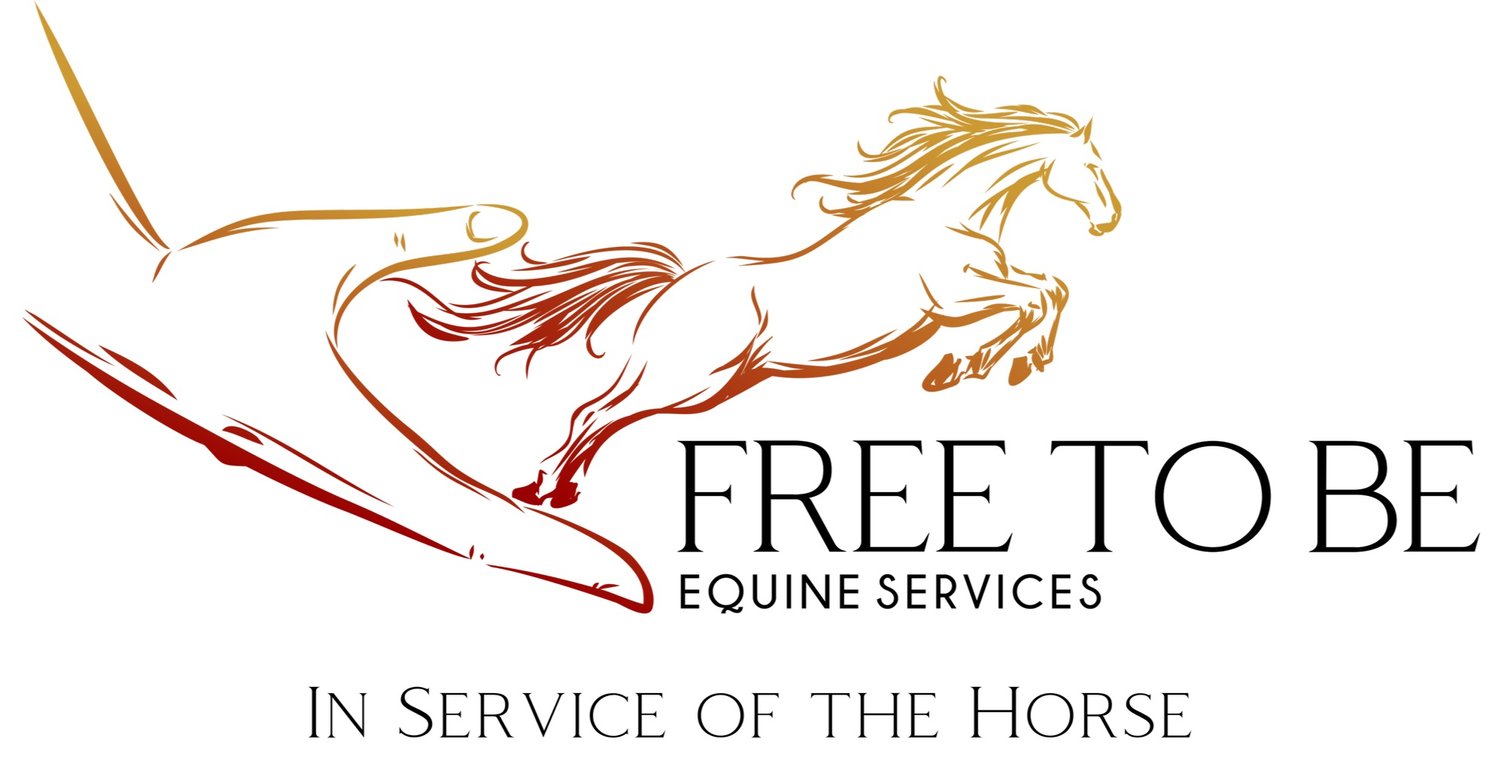I don’t identify as an equine “massage therapist”. That is not my specific title, and my training has encompassed many other bodywork techniques. I do however utilize a lot of massage in my equine therapy sessions. It’s a very effective therapeutic modality for soft tissue, horses love it, and it allows me to get my hands on the entire horse. A lot of my clients refer to their horse’s sessions with me as their “massages” and I’m fine with that - it is probably the most visually obvious part of what I do in my sessions.
I respect and value massage very much, and my goal of this post is to explain why horse owners and other equine professionals should as well. There is a bizarre hierarchical interpretation of different kinds of professionals in the horse world and it doesn’t make a lot of sense to me.
I tend to hear a lot of comments referring to “just the massage person”. Comments that imply that the value of the "massage person" is just to make the horse feel good - but that their feedback or suggestions are less valuable than that of the other equine professionals.
The beauty of having a care team for your horse is that every individual has knowledge about their specific area of expertise. It’s important to respect that expertise, and honour everyone’s place on the team. The person working with your horse’s soft tissues is going to have a lot of feedback about the state of those tissues and how it affects the rest of the body.
A massage therapist or bodyworker touches every part of your horse. They have developed palpation skills that pick up on changes in the tissues that others likely would not feel or know why it’s important. I can think of countless instances when the therapist or bodyworker was the first person to pick up on a problem simply because they are the ones with their hands on the horse regularly, and the knowledge to feel when something isn't quite right. Upon further investigation, these horses have been diagnosed by their vet with anything from ulcers, to hoof pathologies, to underlying lamenesses, or found to have an ill-fitting saddle or nutrition issues. The therapist did not diagnose the problem - that is not in their scope anyway - but also likely did not get any recognition for having spotted an issue in the first place. Without their keen eye, these horses would have suffered for a lot longer or even developed more serious health issues down the road.
Can you massage your own horse? Yes, and you should! But that doesn't lessen the value of what a professional massage can do. Can you ride your own horse? Yes, but is there still value in your trainer riding your horse? Something to think about.
Next time you hear someone brushing off the work of a massage therapist or bodyworker because it's "just massage", it's time to change the conversation and give those professionals a little more respect for what they do for the horses.

